Nutrition myths debunked
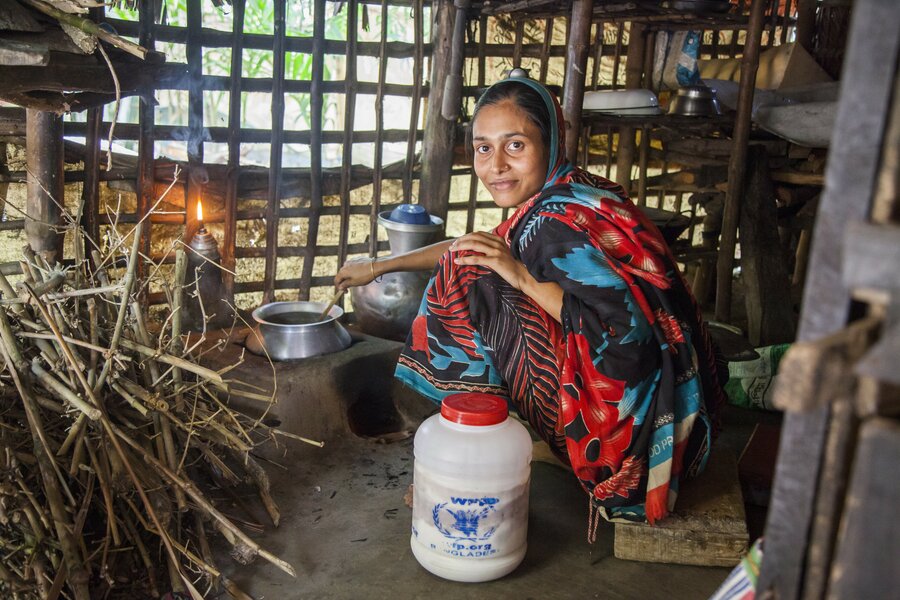
During the COVID-19 pandemic, maintaining a healthy diet is more important than ever. With major disruptions expected in food systems, ensuring access to nutritious foods is paramount. It's also critical to dispel myths and misconceptions. Lauren Landis, who joined WFP in 2009, having worked for USAID and Save the Children, is well placed to do that— since 2016 she's been the agency's Director of Nutrition. Interview by Ljubica Vujadinovic
Does an apple a day keep the doctor away?
Myths and misconceptions about food and nutrition abound across the world. We all grew up with them, such as grandmothers' tales about cures for the common cold. Not all myths are harmful, but I think it's important that people don't get confused by nutrition. In answer to your question — no!
Peru's pots of goodness: WFP dishes food in remote communities
Sure it is a science, but there is also a lot of common sense in nutrition — most of us have a pretty good idea what sorts of foods make our bodies perform well. However, there are some myths and misconceptions we need to dispel, as they can be damaging at critical times such as now with the COVID-19 pandemic.
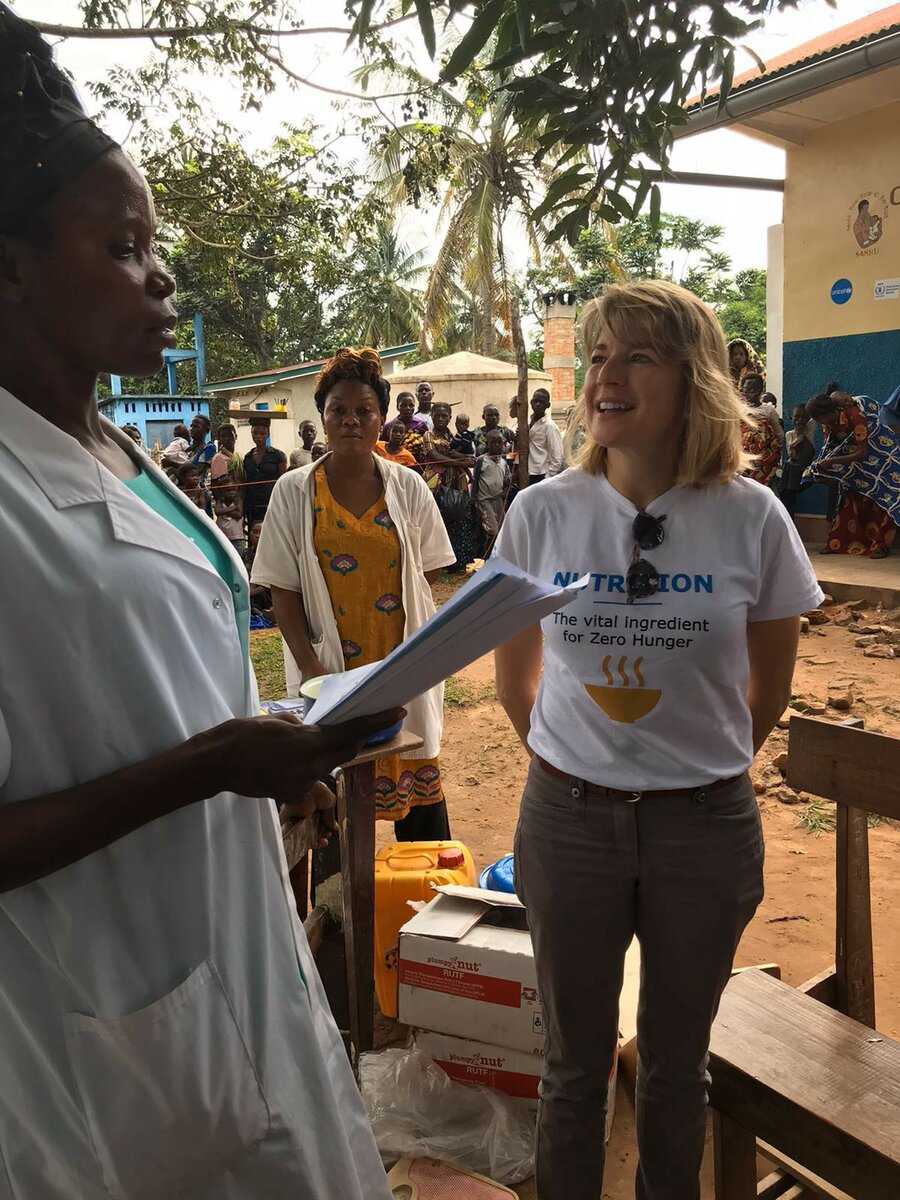
What are three key myths about nutrition?
The notion that there is one, single food that can ensure good health. There is so much fake information across digital media spaces claiming particular foods — like garlic, lemon or bananas — can protect us from disease. These are very dangerous myths. A healthy diet is composed of a variety of foods from different food groups: staple foods, such as rice, pasta, grains, roots and tubers; fruits and vegetables; protein sources, such as lentils; as well as moderate amounts of different animal-source foods. Requirements for a healthy diet vary depending on age, gender, activity level and the environment where people live, whether in cold or hot climates. It's important to remember a healthy diet is a well-balanced one.
Another common myth we encounter in some of the countries WFP works in is that men by default have higher nutrient needs than women. This misconception often results in women eating last and least, especially in times of crisis.


Adolescent girls remain particularly vulnerable to all forms of malnutrition. A pregnant or breastfeeding adolescent girl has the greatest nutrient needs in a family. Failing to meet these needs comes at a very high price — it affects both the adolescent girl, whose body may still be growing, as well as her child's physical and mental development.
Finally, there is the common misconception that nutrition issues affect only people in developing countries. Every country in the world is affected by at least one form of malnutrition. For example, micronutrient deficiencies — also known as ‘hidden hunger' — affect 2 billion people around the world.
Even overweight and obesity are considered a form of malnutrition. As we watch obesity rates skyrocket in many developed countries, we are also seeing these rates climb in many developing countries. Many countries suffer from the ‘double burden', where both undernutrition and overweight exist in the same communities and even within the same household. This is not surprising as the root cause is the same — a lack of healthy diets.
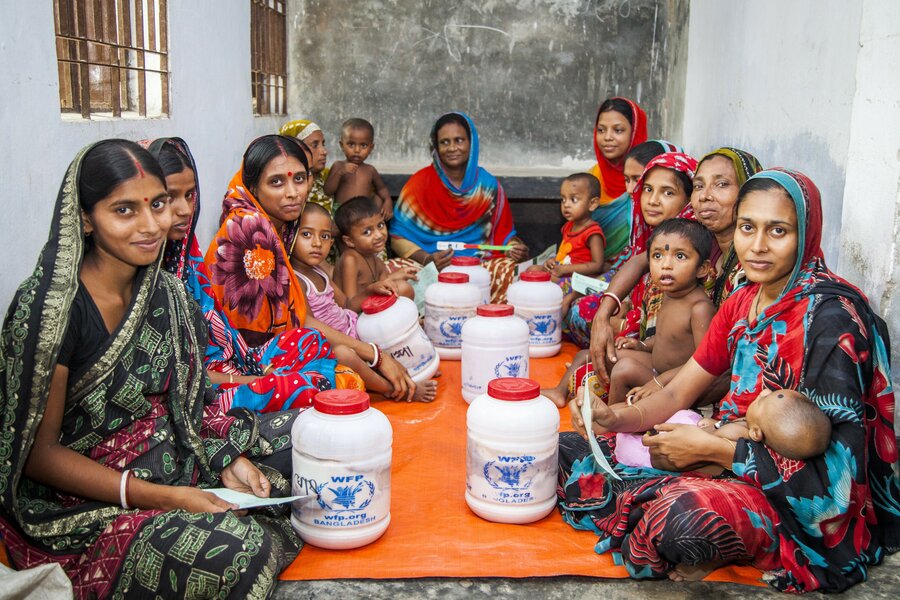
Is it true that good nutrition starts in the womb?
The first 1,000 days of life — from pregnancy to a child's second birthday — has a profound impact on a child's ability to develop, learn and thrive. Research shows investing in nutrition during this period helps ensure good health down the line. In short, making sure our children are well-fed can help increase their future productivity and the productivity of countries, while lowering healthcare costs. Well-nourished mothers are more likely to give birth to well-nourished children.
World Health Day: WFP's response to COVID-19 in pictures
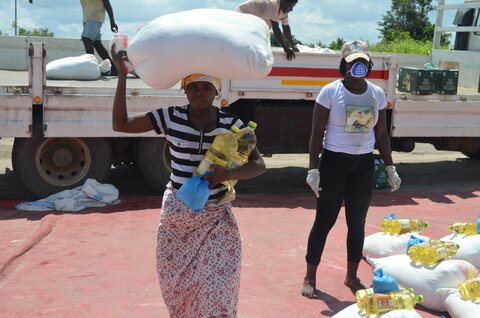
How is WFP tackling myths?
An important part of improving nutrition in many countries is about access to good nutrition education and information. WFP addresses poor-quality diets and nutrition education gaps in various ways: social behaviour change communication strategies include provision of micronutrient supplements, and school-based programmes that help children to get both a healthy meal at school and education about healthy diets as part of the curriculum.
How the contagion of conflict in the Sahel could spread across West Africa
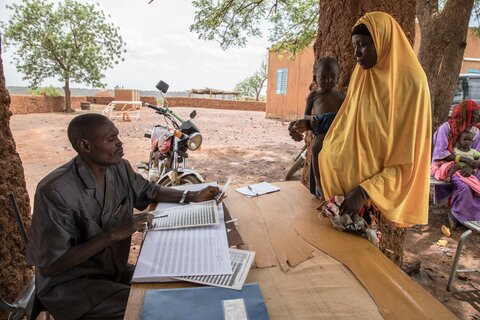
Improving nutrition nearly always requires some level of behaviour change. Even when we know what we should eat to have a healthy diet, we sometimes need a ‘nudge' to help us make those better choices — the banana versus the chocolate bar.
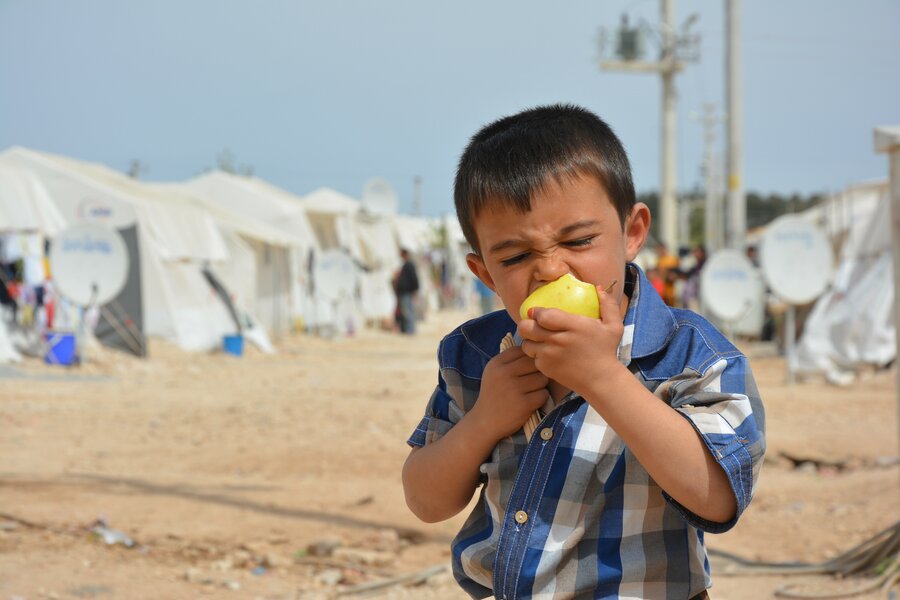
Often grandmothers and aunties can have a big impact on what the family believes are foods that are good for them and should be consumed. However, we find that it is not only important to educate children and mothers but also the wider family — fathers too. To change an eating culture, you also need to include community leaders, religious leaders, and local and national governments.

WFP works with a diversity of sectors and governments to scale up evidence-based nutrition programmes. Through in-country and regional partnerships, as well as through leadership and participation in global coordination platforms, such as the Scaling Up Nutrition (SUN) movement, partnerships remain a cornerstone of WFP's nutrition work.
Getting nutrition right today can have a huge impact on our ability to keep ourselves and our children healthy in the face of COVID-19, and any future emergencies we might face. Nutrition is crucial to building resilience and ensuring the health, wellbeing and economic success of our future world.
